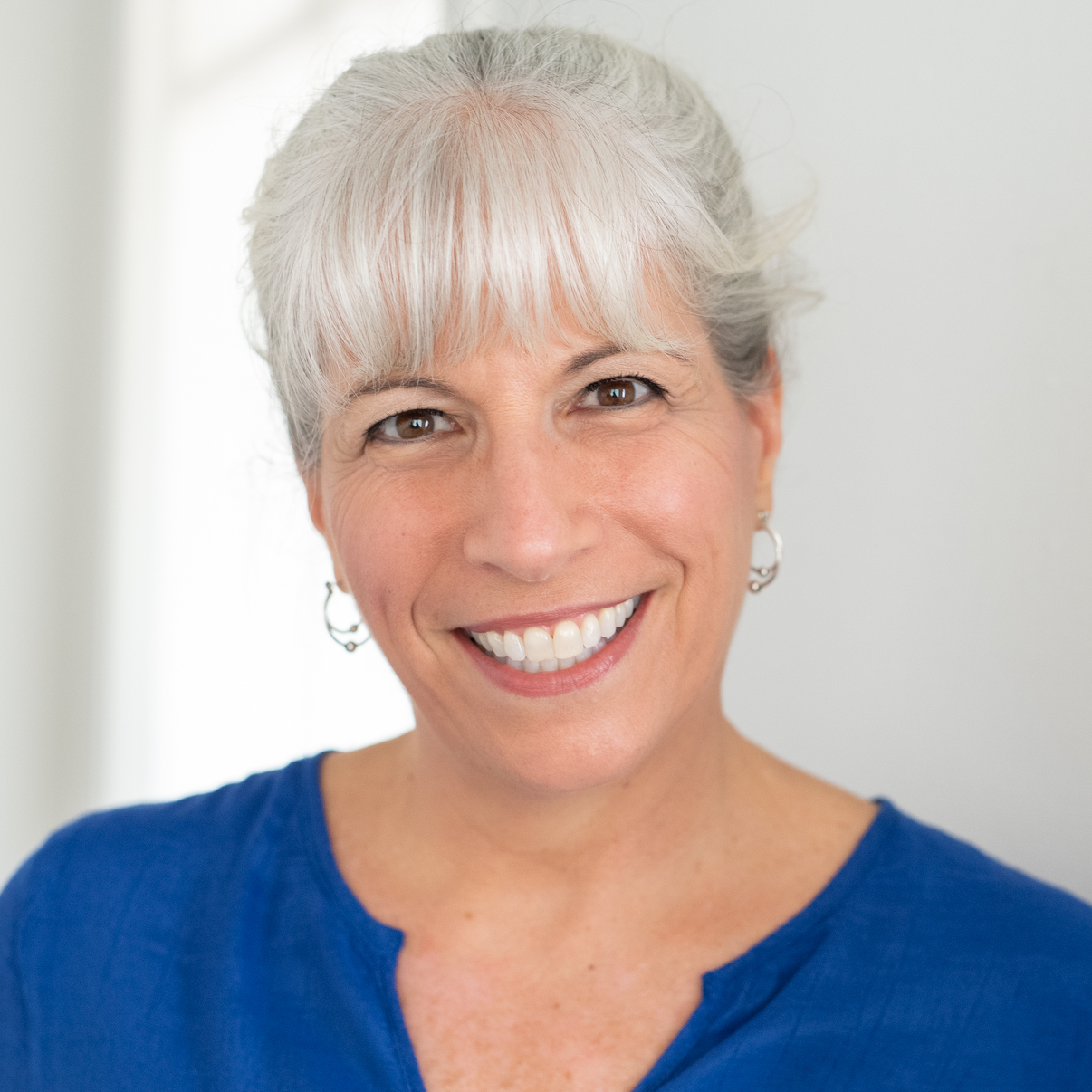Estate Plans Aren't Just for the Wealthy

Scenario 1: A couple in their 40's have one child and modest savings. They're comfortable with having all their assets pass to the surviving spouse should one of them die. Mom gets a $400,000 inheritance at her parents' death. Mom dies and Dad inherits all his wife's assets, as planned. One year later Dad remarries. Dad and Stepmom make new wills using an online form. Dad again leaves everything to his second wife if she survives him, and to his child if she does not. After all, that’s what he did the first time, and Child and Stepmom get along well. Dad dies a few years later. Stepmom gets all his savings, including the $400,000 from Mom's inheritance. There is no money left for Child. Stepmom and Child drift apart over the years. Stepmom eventually updates her will again to leave everything to her new boyfriend. When she dies, she and Child haven’t spoken in years and child inherits nothing.
Either Mom or Dad could have protected Child by setting up an estate plan requiring some or all the first to die’s assets be passed to the surviving spouse in trust for his or her lifetime, with remaining assets passed to the child. Or, an amount could have been set aside in trust for the child, for example, Mom’s inheritance, bypassing the spouse.
Scenario 2: A single man with no children has been contributing to his company 401k for years. He has very little savings outside of his 401k. Since he has named his brother as his beneficiary on his 401k he figures he doesn't need a will or estate plan. He gets into a car accident and is in a coma. He can't breathe or eat on his own and medical staff believe he will never get any better. He would never have wanted to live this way, but other than one casual conversation with his brother, he never planned for this. His parents insist on keeping him alive on the machines in the faint hope that he might recover someday. His brother knows he wouldn’t want to live this way. But since nothing is in writing and the parents legally have the right to make the decision, his brother doesn’t fight it. He spends three more years in a nursing facility and never regains consciousness. His assets are all spent on medical bills.
If he had created a Health Care Directive (aka living will) to legally document his end of life choices and a Power of Attorney for Health Care naming his brother as his agent for health care decisions, his voice would have been heard from his coma and his family would have had peace knowing that he passed on as he wanted.
Scenario 3: A young couple welcomes a new addition to their family in the form of a healthy baby girl. On the way of from their first "date night" as new parents they're hit by a drunk driver and die on the scene. The court decides that Dad's brother and sister-in-law, who are next of kin, should care for their child. On paper, Brother looks good. He has a great job, a nice house and appears to be a pillar of the community. No one outside the immediate family knows that Brother is an abusive alcoholic.
If they had created a will, they could have instructed the court that in no way do they want Dad's brother to care for their child and instead they could have named their best friend from college to have guardianship of their child.
Scenario #4: An 18 year old girl is skiing with her family when she hits a tree and becomes unconscious. Her mom and stepdad want her transported to a hospital known for specializing in brain trauma patients. However, her biological dad she hasn’t seen in years was contacted by the hospital and he is refusing to agree to move her. State law says that in the absence of a power of attorney, both parents must agree to the medical decisions. Things are at a stalemate and daughter does not get the treatment she needed in time.
A Power of Attorney for Health Care signed by the girl and naming her mother as her agent would have allowed her mother to help her daughter at a time when she wasn't able to help herself.
As you can see from my examples, above, estate plans aren't simply for the wealthy who want to pass their wealth down to future generations in the most tax-efficient way possible. They're instrumental in making sure your desires are known and implemented after you're gone.
Estate plans aren't for you, they're to help ease the pain of those you leave behind.
Why Get an Estate Plan?
I recently spoke with Chandra Lewnau, an estate planning attorney with Main Street Law Group in Seattle. Chandra can often be heard on KIXI radio (AM 880) on the "Chat with Women" show. She feels "the most important benefit of a good estate plan is the peace of mind it gives you. If you don't create your own plan for what happens to you, your children, and your property if you are incapacitated or gone, state law or the courts will decide for you. And that decision may not always align with your wishes." This is especially true "if you are single or in a non-traditional relationship of any kind where the default rules may not be best for you."
How Much Work is Involved in Creating an Estate Plan?
Chandra says many plans can be completed in 2-4 weeks. She says a lot of "hard thinking" is involved in deciding who to fill specific roles (i.e. guardianship, powers of attorney), what medical procedures you want done if you're incapacitated, and who you want to receive your assets as well as the timing of that distribution. [Leaving a 19 year old $100,000 may do them more harm than good. Waiting to pass that inheritance to them when they're 25 or 30 may be in their best interest.] You should have all your financial records (i.e. investment statements and tax records) gathered in order to assure all pertinent issues are considered.
Chandra recommends reviewing your Estate Plan at each year end. "Even though they may not need to make changes, they should at least ask themselves if there have been any major life events like marriages, divorces, deaths, births, or health issues that may necessitate a change to their plan. At a minimum they should have their attorney review their plan every 5 years, and more frequently if they're already retired." She also recommends that Powers of Attorney's (POAs) be updated every 2 years for older clients. "Many institutions won’t honor a power of attorney if it is too old. By the time your agent realizes they can’t effectively use the POA, you may be too incapacitated to execute a new one. The only alternative may be guardianship. Even if you just re-execute the exact same POA every few years, that can help avoid this situation."
How Much Does An Estate Plan Cost?
Prices vary widely, but most competent attorneys will charge between $1,000-2,000 for an estate plan for the average family. If a more complex estate plan is needed, involving trusts and tax-planning, then the cost will be $3,000 and up. You are not so much paying for a form document, which you can get anywhere, you are paying for the attorney’s experience and advice to help you create a plan that avoids problems you might not be able to foresee.
I think a better question to ask, though, is: What will the cost be if you don't have an estate plan? I think it's safe to say that that cost will be much higher than any amount an estate attorney will charge!





